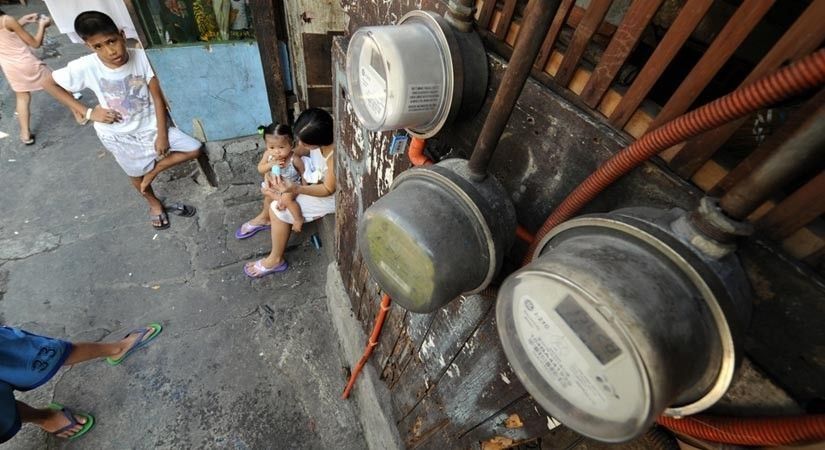Bill to reduce electricity rates approved

MANILA, Philippines — Senators approved on third and final reading a bill seeking to reduce electricity rates by using part of the government’s P204-billion share from the Malampaya Fund to pay for the universal charges being passed on to consumers.
Under the “Murang Kuryente” bill authored by Senate President Pro-Tempore Ralph Recto, stranded contract costs and debts, missionary electrification and environmental charges of the National Power Corp. (Napocor) and the feed-in-tariff allowance that are passed on to consumers as universal charges will be paid through the government’s share from the Malampaya natural gas project.
All 17 senators present in the plenary approved the bill on Monday afternoon.
The proposed measure, which was sponsored by Sen. Sherwin Gatchalian, is expected to save consumers from paying P0.8474 per kilowatt hour (kwh) in electricity rates to pay for the Power Sector Assets and Liabilities Management Corp. (PSALM)’s debt that will start to mature this year.
When the government sold off assets from the previous Napocor, Recto said it was left with outstanding liabilities that were not included in the sale.
The obligations were assumed by PSALM, which passed these on to consumers through a universal charge, Recto explained.
“This explains why our electricity bill contains that seemingly innocuous item called universal charges or UC. It is where these stranded costs are lumped together with other unitemized payables,” Recto said.
Aside from the stranded contract costs and debts of the Napocor, other components of the universal charge include the missionary electrification, which pertains to the charges imposed by small power utility groups that deliver power supply in areas not connected to the transmission system, and environmental charge.
Prior to the approval of the bill, missionary electrification is being funded by revenues from sales in the missionary areas and from the universal charges collected from all electricity end-users as determined by the Energy Regulatory Commission.
According to Gatchalian, universal charges are expected to further increase in the coming years to pay off PSALM’s remaining debt of P466.2 billion and the cash flow projection of agency shows the necessity of collecting an accumulated universal charge of P0.8600 per kwh from 2020 to 2026.
“This means a total additional charge of P172 per month for an average household – money that could have been used to buy two to three additional kilos of rice,” Gatchalian noted.
Recto said the debts assumed by PSALM will hit P566.2 billion by 2026, the year its corporate life ends. By 2031, the financial obligation will be P595.6 billion due to repayments sourced from borrowings.
The “painless way” to settle the obligations, Recto said, is to tap the Malampaya Fund instead of the old way of passing them on to consumers.
Gatchalian also said this will result in savings of P169.48 per month and P2,033.76 per year, which will be enough for a household to buy an extra sack of rice.
The unspent collections of the Malampaya Fund as of December 2017 stood at P204 billion, according to the senators.
- Latest
- Trending




























